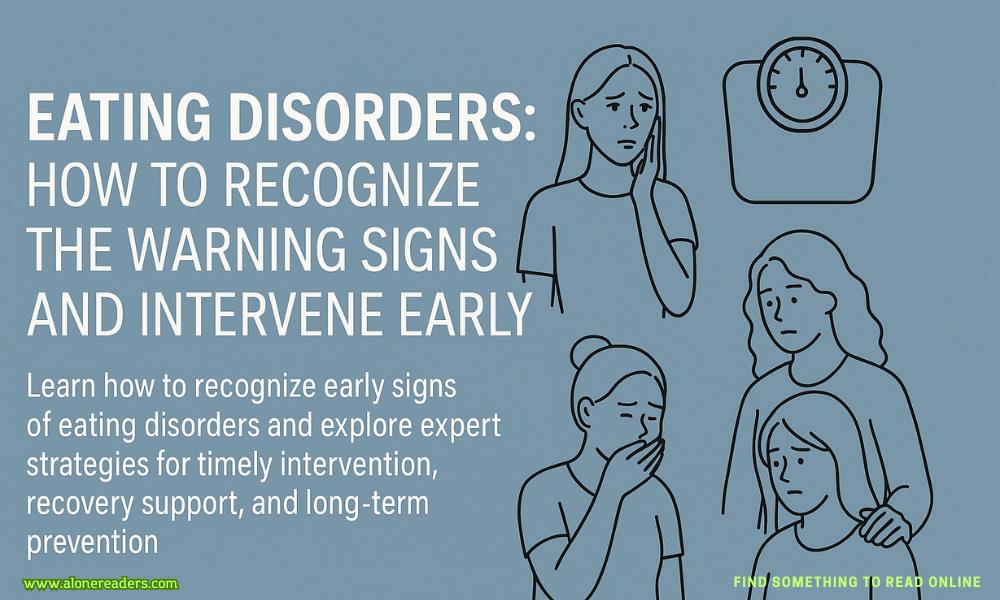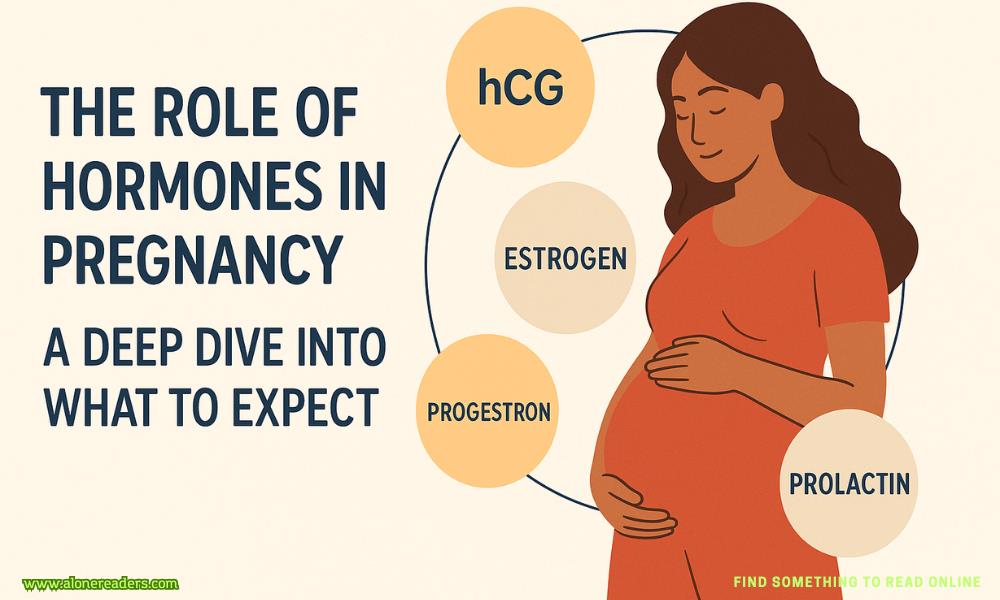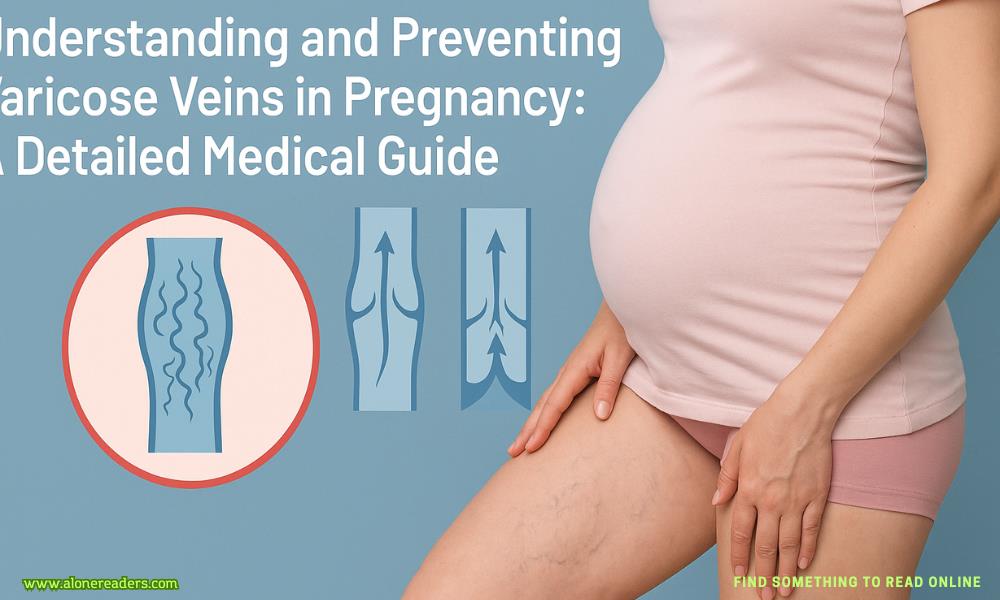Page 39 of Badlands
“How do you know someoneelsewasn’t there, forcing her?”
“We’re considering every avenue—”
At this, Driver stood up. “You’re starting to sound like the cops I’ve been dealing with these past two months. ‘Considering every avenue,’” he mimicked. “Look, I’m done with this conversation. My daughter’s dead—now go do your shit. There’s no way she would have done something like that on her own. Or been stupid enough to go into the desert she loved and die of heatstroke. Someonedidthis to her. You find that motherfucker.”
22
CORRIE SAT NEXTto Detective Sergeant Benally in his squad car—a white pickup truck emblazoned with Navajo Nation Police logos—watching as they drove deeper into the badlands. The latest victim had, like the first, been found in the Checkerboard part of the Navajo Nation, but this time on land belonging entirely to the Navajo Trust, which meant Benally was nominally in charge. This was fine with Corrie; Benally was a stand-up officer, low-key, sensible, and easygoing. The only problem was he, like Sharp, drove like a maniac over the reservation’s prodigiously bad roads, pounding and lurching along to the point that Corrie had to brace herself with the “oh, shit” handle to prevent her head from slamming into the roof. When she’d suggested he might slow down just a bit, he’d said with a laugh, “If I slowed down on these roads, I’d never get anywhere.”
Corrie watched the landscape pass by. It was a brutally hot July day, and she was glad for the air-conditioning. They were going to visit a man named Jack Bia, the allotment holder for the section of land on which the woman’s body had been found. Hedidn’t live there; his own home was in a settlement called White Horse, south of the badlands.
“Do you know this guy?” Corrie asked as they careened along.
“Never met him. I hear he’s a young fellow, studying to be a medicine man.”
“And what exactly—if you don’t mind my asking—is a medicine man?”
“Don’t mind at all. It’s someone who conducts ceremonies to restore balance in people’s lives, restore harmony, and cure them of mental or physical illnesses. I’ve heard Jack Bia is learning the Enemy Way ceremony.”
“What’s that?”
“It’s mostly for people returning from military service—especially if they’ve been involved in battle. It’s a long, chanted series of invocations and stories in Navajo that goes on for several nights, along with sand paintings, a battle reenactment, and other things. Afterward there’s usually a dance for young people called a Girl’s Dance. Used to be called a Squaw Dance, but that term’s totally uncool these days.” He laughed again.
“And this—as you said—restores their harmony?”
“Coming back from war, you’ve been around killing. You’re tainted by death, especially if you’ve killed other people yourself. You’re troubled by the chindi, or ghosts of those dead. The Enemy Way lays those ghosts to rest.” He paused. “Your culture calls those ghosts PTSD.”
Corrie was struck by this. “The Enemy Way is meant to cure PTSD?”
“Specifically, cure soldiers dealing with the horrors of war. Just about every Navajo family around here has members in the armed forces, so the Enemy Way is one of our important ceremonies.”
“Does it work?”
Benally turned to her with a faux-stern look, and Corrie realized she’d said the wrong thing. Back came the memories of Horace Driver—which were never far away, as it was. Why the hell couldn’t she remember to ensure her brain wasn’t in reverse… before letting her mouth step on the gas?
“Ofcourseit works,” he said. “You think psychiatrists and pills do any better?”
“Sorry. That was a stupid question.”
“No worries. And here we are.”
It didn’t seem to Corrie as if they’d arrived anywhere at all, but Benally turned off the rudimentary road onto a track, which wound among some sand hills before approaching a prefabricated HUD house, a large and beautiful hogan made of adzed logs with a mud roof. As was customary, Corrie now understood, Benally stopped the truck well before the house and waited.
The door opened almost immediately and a young, energetic-looking man emerged, waving and calling out. They exited the truck and, as they approached, he invited them in. Corrie found herself in a spacious and comfortable living room, with a carpeted floor, a wood stove, sofas and chairs, a giant flat-screen television—and above the sofa, an arrangement of photographs of young men and women in uniform standing against American flags.
“Jack Bia,” said the young man, shaking their hands in a curiously soft manner. “Coffee coming up.”
He was full of activity, pouring coffee, dumping in sugar and Cremora without being asked, and serving it around. It was exactly as Corrie liked it, and so, apparently, did Benally.
When the coffee had been served, Bia sat down, put his elbowson his knees, and leaned forward. “So,” he said, “what’s going on?”
Benally glanced at Corrie. Given where the body had been found, they’d already decided he would take the lead. “Well,” said Benally, “as I mentioned on the phone, we’re investigating the death of a young woman on your grazing allotment up by Betonnie Wash. Apparently, she walked out into the desert, took off her clothes, and died of exposure.”
Bia said nothing.
“And we were wondering if you could shed any light on it.”
Bia remained silent another moment. “I got that allotment from my grandmother, but I haven’t ever used it. I don’t have time to run sheep. I’m studying to be a medicine man.”
- Her Billionaire Boyfriend by Abigail Barnette
- Desperate Temptations by Lila Fox
- Vengeful Pawn by K.L. Donn
- Defending Love by Aleatha Romig
- Playing with Forever by Erika Wilde
- Changing Caleb by J.L. Leslie
- A Touch of Fate by Cora Reilly
- Safe and Sound by Jisa Dean
- That: Taylor & Brooks by C. Monet
- Shades of Scars by January Blue
- Bratva Boss's Secret Baby by Bella King
- My Bratva Dom by Imani Jay
- Cheating the Devil by Samantha Cole
- Luke by Lisa Lovell
- Flying Colors by C.J. Bishop
- Cole by C.J. Bishop







